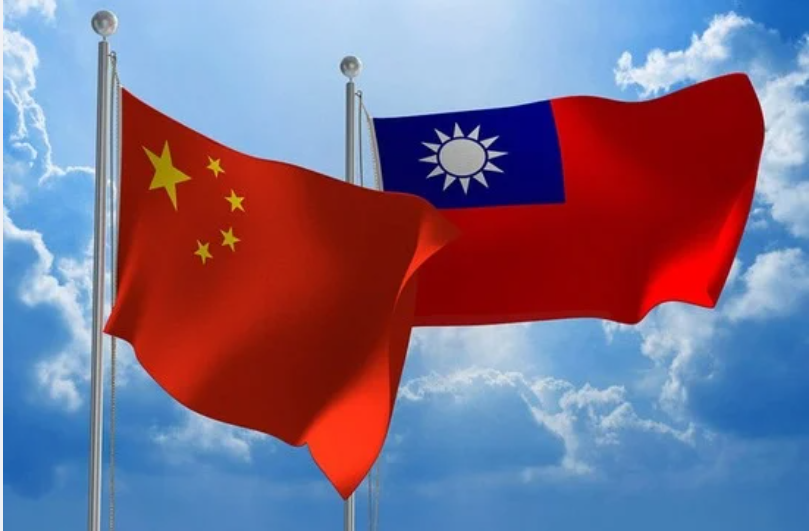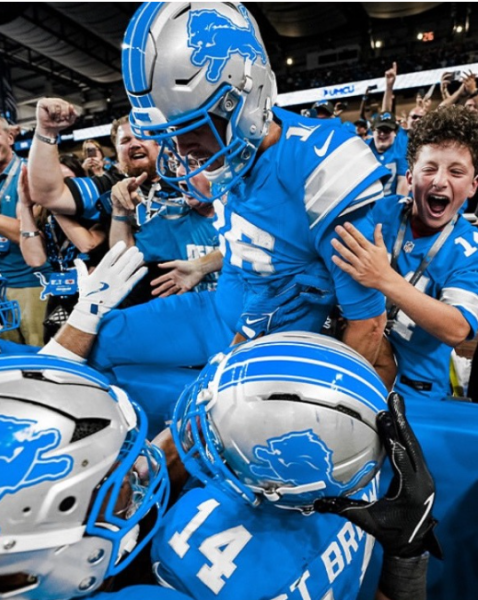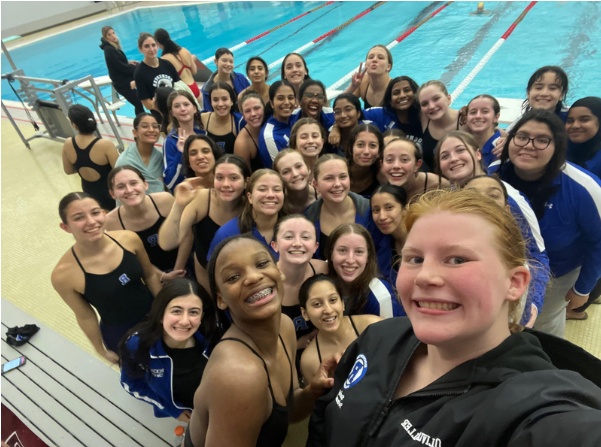Pope Francis’ visit to the U.S. likely to have long-lasting impact
November 4, 2015
This past month, thousands of Americans celebrated Pope Francis’ visit and made trips to witness his speeches to the public, and virtually every news station on the face of the earth was covering the trip. But now that the Pope has gone home, many are starting to question whether his visit was actually effective, or if it was merely a burst of excitement with only short-term benefits. While the media’s attention towards Pope Francis has naturally died down since his departure from the United States, his visit was still very important. His presence and his advice have aided our nation in both religious and nonreligious ways, both for now and for the future.
During his visit, the Pope made a point by addressing not only powerful groups and people like the United Nations and President Obama, but focusing on the lower class citizens that are usually overlooked by society. Pope Francis recognized prisoners in Philadelphia, as well as a child with cerebral palsy. While in New York, he showed his appreciation for several laborers and made us recognize the hard work they do every day. He made Catholics proud of their religion by placing emphasis on these types of people, he gave them the recognition and respect that they don’t usually get because of their class or occupation.
There are an abundance of families in the United States who are struggling economically. Fortunately, Pope Francis may have brought us one step closer to solving this issue. While speaking to the Festival of Families in Philadelphia, he referred to the common families of America as a “factory of hope”, preaching that the more fortunate individuals should do whatever they can to help them. Strong families that raise strong children could be the key to developing America into a more successful nation in the future, and the Pope implied this message while speaking in Philadelphia.
Perhaps the most critical message Pope Francis delivered during his time in the United States was when he addressed the United Nations. He called for more peace and environmental justice while addressing the UN. He explained that the United Nations should use their power and influence all over the world to try and spread these values instead of a “boundless thirst for power and material property.” This may very well be the Pope’s most important piece of advice, as it was not only focused on the United States. Though America was the center of attention while the Pope was around, he was able to spread his advice to countries all over the world.
While some may argue that the Pope’s visit was meaningless to non-Catholics, this is definitely not the case, as he has already engaged in foreign diplomacy. He has encouraged the U.S. and Cuba to “put a half century of vitriol and mistrust behind them.” These words were not just a weak attempt to create peace; they led to an actual meeting between Cuban President Raul Castro and President Obama on September 29th. The two leaders improved relations between their respective nations, and President Obama expressed that he was committed to protecting the rights of the Cuban people. With this meeting, decades of tension between the United States and Cuba were eased, and this should surely benefit both countries in the future. Pope Francis was one of the reasons for the U.S. improving relations with Cuba, and there was no religion involved.
Although Pope Francis’ visit to the United States may have lasted no more than a week, he provided all citizens of every class with messages and advice that will help them for years to come. His visit was truly important for the United States and the rest of the world.







